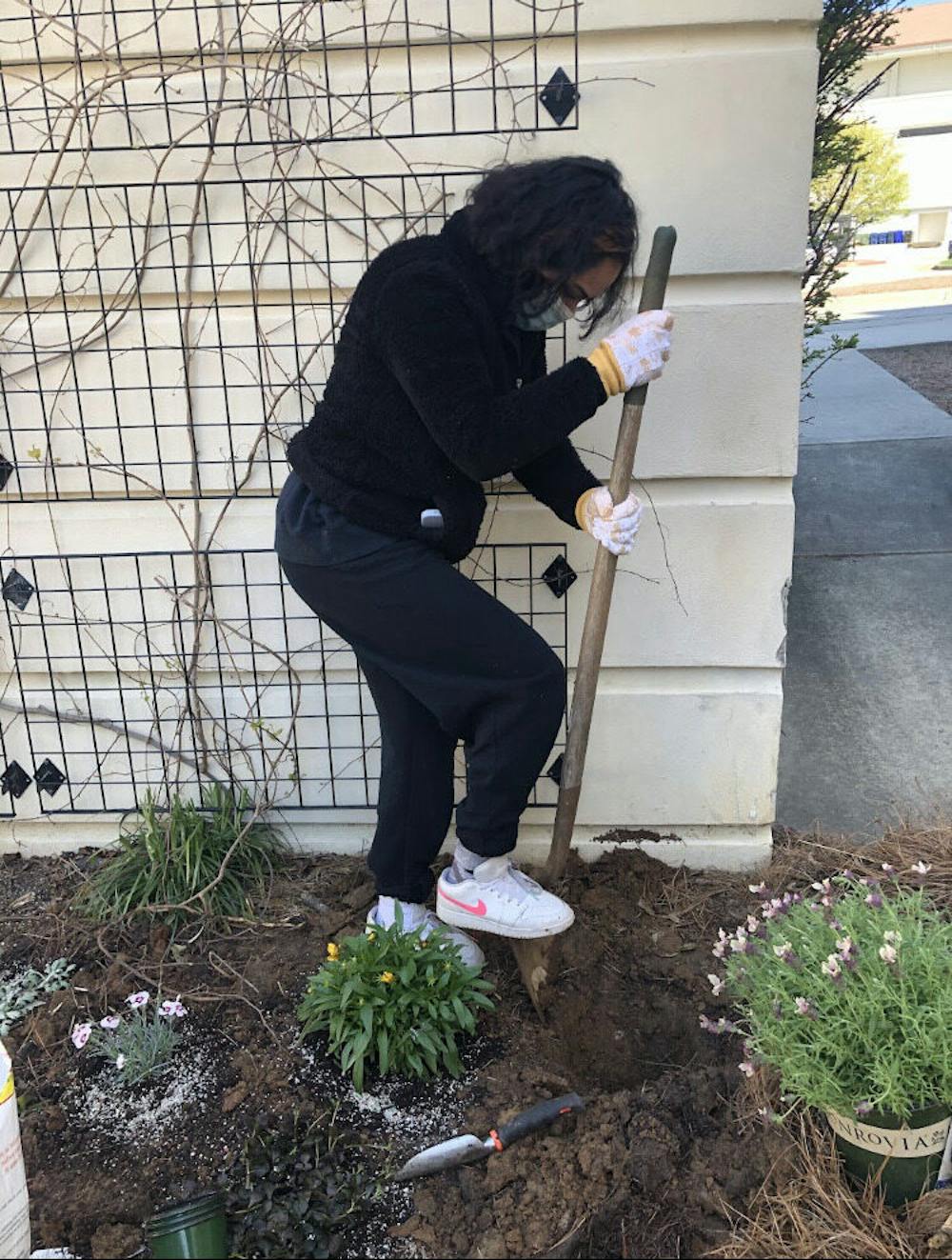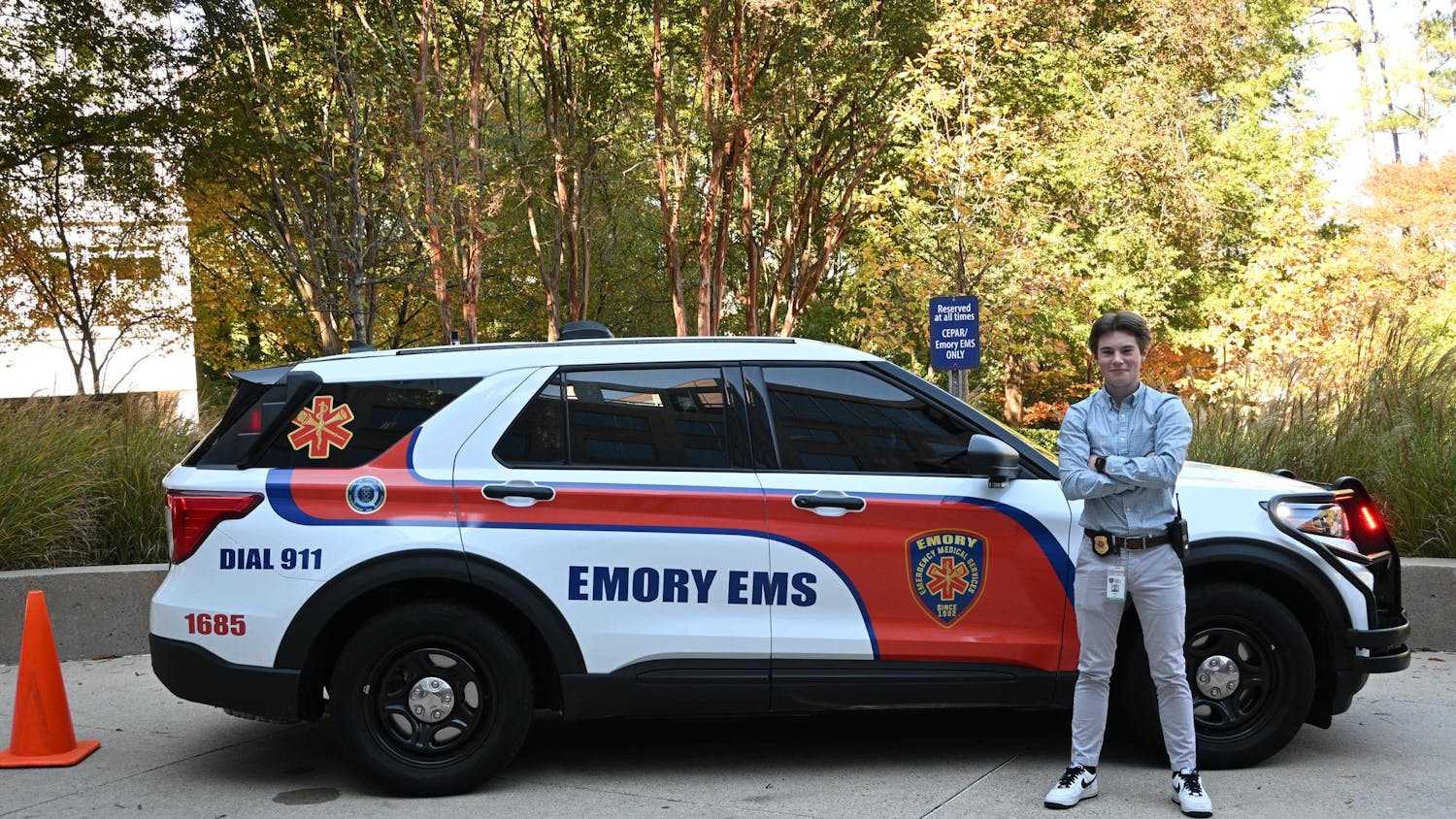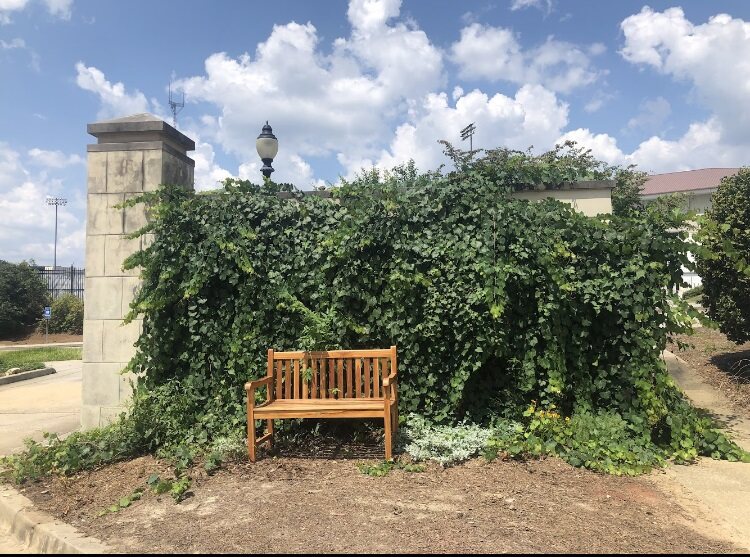 (Courtesy of Re:wild Your Campus)
(Courtesy of Re:wild Your Campus)
After three years of student research, campaigning and advocacy, Emory University launched four organic pilot projects focusing on land care, biodiversity and public health and safety in March 2023.
Lindsey Kapel (20C) introduced this idea to Emory in 2020 when she started Re:wild Emory, a chapter of the national campus sustainability organization Re:wild Your Campus. After graduating, Kapel passed the project onto Christie Jones (21C) and Jared Feuer (22C), who later passed the project onto recent graduates Nicole Pozzo (23C) and Naurica Encarnación (23C). They now lead research on the impact of Emory’s transition to organic landscaping, gardening and maintenance
Mackenzie Feldman, the project director of Re:wild Your Campus, said the group’s mission is to help college campuses eliminate the use of pesticides by 2030 by working with university students, groundskeepers, administration and sustainability directors.
Feldman said that campuses will replace the use of pesticides, herbicides and fertilizers with organic land management practices. The Re:wild team, Pozzo and Encarnación are hoping that the pilot sites will show that organic land management has the potential to better Emory’s campus.
“We have a number of pilot sites scattered throughout campus, both on the main campus and then also at Lullwater and the Clairmont campus, and those are specifically being used to show that organic land management does work,” Pozzo said. “It has pretty significant efficacy. It's affordable. Aesthetically, it's pleasing.”
Re:wild Emory was motivated by research published in 2019 by Winship Distinguished Professor of Environmental Science Eri Saikawa that revealed heavy lead contamination in soil throughout Atlanta.
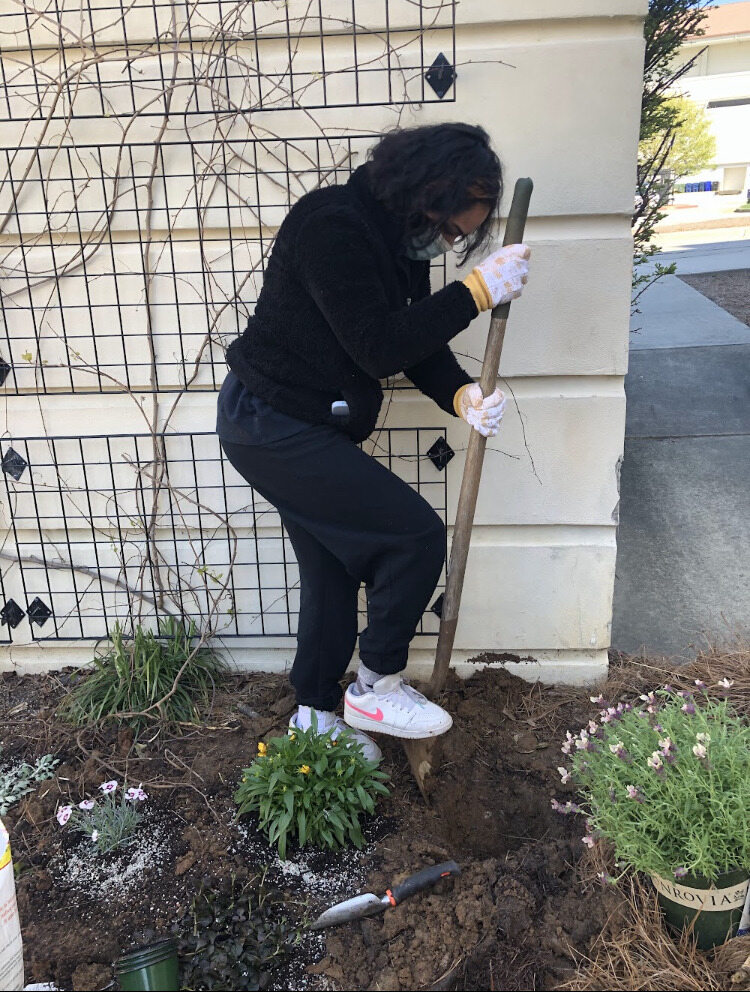 (Courtesy of Re:wild Your Campus)
(Courtesy of Re:wild Your Campus)
Re:wild’s Director of Communication and Campaigns Sheina Crystal said she is concerned about the local impact of pesticides’ lasting dangerous effects.
“Students can get eye irritation, skin irritation or experience more chronic long term health effects from coming into contact with the chemicals once they've been sprayed,” Crystal said. “And then the people who are at Emory who are doing the spraying are also at a higher risk because they're the ones who are actually engaging with the product.”
Encarnación’s research within the group focuses on measuring soil fertility, carbon solubility and other measures that narrow down exactly what type of organic program the land needs.
Feldman said Emory’s Director of Exterior Services Jimmy Powell and his team, as well as Osborne Organics, the consulting firm for this project, have been incredibly generous with their time and resources to implement new land management practices. Feldman explained that groundskeepers are frontline workers who are the most exposed to toxic chemicals, and their work is often overlooked.
“I feel like the groundskeeper is usually pretty invisible,” Feldman said. “Students take their campus for granted and don't ever really interact with the stewards of the land.”
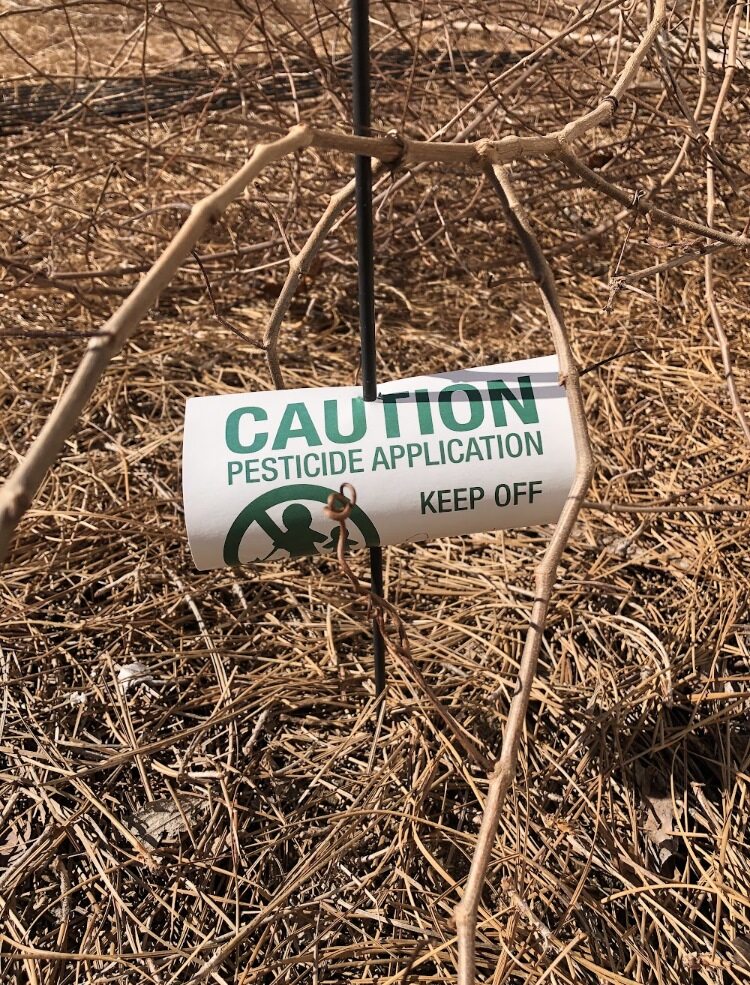 (Courtesy of Re:wild Your Campus)
(Courtesy of Re:wild Your Campus)
Their pilot projects aim to help students value the work of groundskeepers and acknowledge the beauty of their campus. Pozzo said that Powell and his team have decades of expertise in land management.
“We wouldn't be able to do this work without Jimmy Powell and his team,” Pozzo said.
Encarnación said that Atlanta is a special community for this kind of project because it is open to change and has already begun to shift to a more organic land management system.
“Atlanta is this nexus of so many ideas, burgeoning ideas,” Encarnación said. “I love the fact that it's recognized as one of the biggest urban garden cities in the world. I think the community is already very receptive to these ideas of transitioning to a more organic, holistic management system.”
The next steps for this project are to continue data collection with the help of undergraduate research assistants. Pozzo, Encarnación and their team are hoping to complete the data collection and analysis by May 2024. They are only one and a half years into the three-year pilot program, but they are hoping this research shows that organic land management on Emory’s campus has efficacy and to prove that organic transitions will save money and water, improve soil health and protect people exposed to the environment on a daily basis.
“Emory can kind of serve as a hub of knowledge for organic land management for homeowners or the public parks,” Crystal said. “And once Emory is fully transitioned, there's a lot of opportunity to do both sharing for the Atlanta community members and also other schools.”
Correction (12/18/2023 at 2:11 p.m.): A previous version of this article incorrectly stated that Re:wild Your Campus and Emory students launched four organic pilot projects in October. In fact, they broke ground in March 2023. Additionally the original article did not include the contributions of Osborne Organics, which is the consulting firm for the project. Finally, the article now clarifies that the research for this project is not yet complete and has not provided clear results, but the student researchers and Re:wild Your Campus hope it will demonstrate that organic land management at Emory has efficacy.

